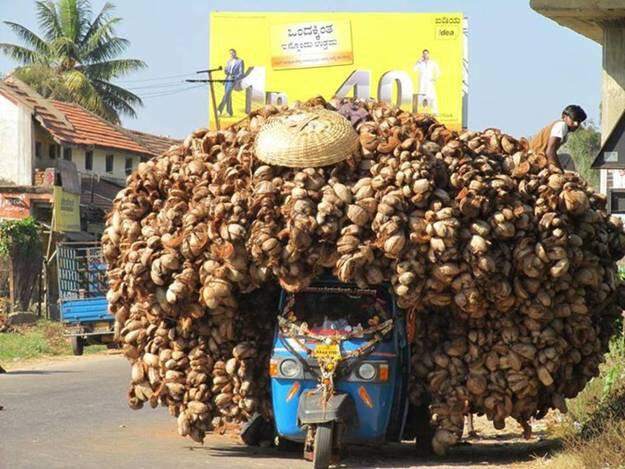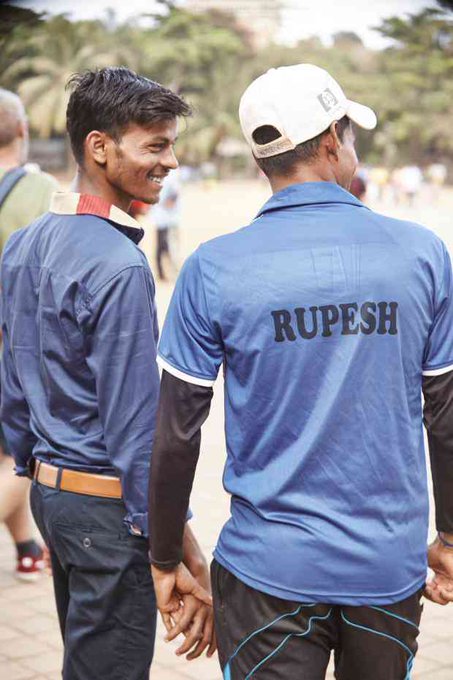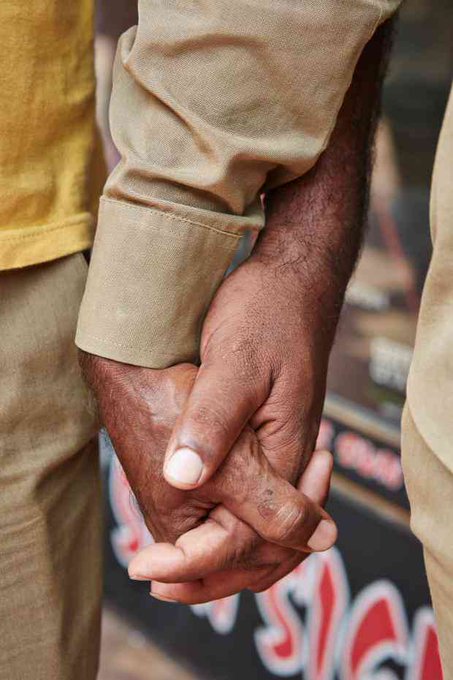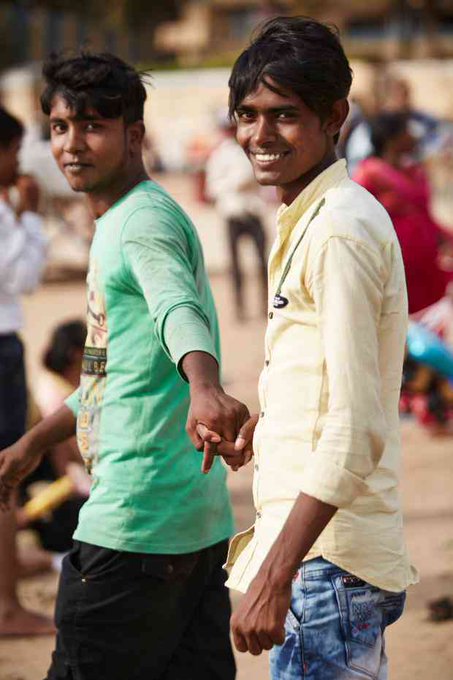Weird Things That Only Happen In India

July 4, 2023
•17 min read
Here are some curious traditions and fun facts about India!
Arguably among the most rich and varied cultures in the world, India is brimming with colorful customs and traditions. And while many of these Indian customs are undoubtedly beautiful, there are a few that seem pretty unusual to outsiders. From frog weddings to very unconventional medicine, let’s delve into some of the unbelievable things, both common and rare alike, that happen in India!
Stray Cows
Barring Antarctica, every continent in the world is home to at least one breed of cattle, making cows one of the most widespread animals on Earth. And with 305 million of them moseying around India, there are almost the same amount of cows in India as there are people in the US!
And, on the streets of Indian cities, it’s not hard to come by a stray heifer or two. And that’s a severe understatement, as in fact, there are an estimated 5 million stray cows in India! That is down to religion as according to Hinduism, cows are sacred. And with 80% of India’s population being Hindu, cattle slaughter is prohibited in many states. While slaughtering is mostly prohibited, milk and dairy aren’t. However, when a farmer can no longer yield milk from a cow, more often than not he has no option but to release it into the wild, as keeping it would be too expensive. This, coupled with inconsistent legal management of cattle breeding, is why there are so many strays on the loose. There are, of course, cow shelters, but with only 1,800 across India, there’s simply no room at the inn for the 5 million strays. As a result, they’re left to roam the land and often end up strolling among citizens. And, on rare occasions, you might just see one hopping aboard a bus downtown.Cow: Is this bus going downtown? Driver: Depends on whether or not you have moo-la. Cow: I’m late to work Craig…
Indian Police Given Mustache Pay
It’s pretty standard for most workplaces to have a uniform or dress code. And the same rings true in India, except, for policemen. There’s one bizarre rule when it comes to their uniform. In the state of Madhya Pradesh specifically, police officers are preferred to have mustaches. According to one district police chief, mustaches assert masculinity and demand respect.

Frog Weddings To Please Rain God
Marriage, generally speaking, tends to be reserved for us humans. However, in parts of India, they seem to extend the holy matrimony out to the animal kingdom too. And there are some pretty interesting reasons as to why.
Predominantly in the village of Bhopal, locals believe that if frogs are wedded in a traditional Hindu ceremony, then it will appease Indra, the Hindu deity of rain. It’s thought that within days of being brought together in holy matrimony, the ritual will put an end to the dry period and the heavens will burst open, nourishing the lands with floods of water.Indian villagers held a wedding for two frogs in the hope of bringing rain after weeks of intense heat and drought 🐸
Indian Girl Marries A Stray Dog
But it’s not just the frogs who are getting hitched. In fact, in certain remote areas of Eastern India, some villagers believe that a person born under the influence of Mars, or Mangala in Hindu astrology, is said to have ‘Mangala Dosha’.
Essentially, this is a curse that is said to have catastrophic effects on the person’s future marriage. So, to rid themselves of the curse, there is only one option: to marry a dog.
Indian Toilets
Forgive me for lowering the tone, but if you think about it, us Westerners wiping our behinds with dry toilet paper isn’t hygienically as ideal as we usually assume. Essentially, we’re smudging at least some of the human waste into our skin to dry until we shower it off later.
So, it’s understandable why Indians, and many other cultures in the Asian continent, have taken a different approach. According to Wikipedia, 95% of the Indian population use some form of water cleansing method after going number 2.Fish Prasadam: Swallowing Live Fish To Cure Asthma
Thankfully, these days science has led us to medications for most ailments. Heartburn? Take an antacid. Headache? Get a divorce. Asthma? While accredited scientists generally suggest treating it with tablets and inhalers, some Indian traditionalists have other interesting ideas.
In the city of Hyderabad, the Goud family has been creating and performing curative rituals for 5 generations, one of these being ‘Fish Prasadam’. Everything starts pretty normal, as the Goud family creates a signature herbal paste; a closely-guarded secret family recipe.
Overloaded Vehicles
According to Indian news sources like OneIndia, it’s pretty much a cultural norm for Indian family and friends to cramp and crush into vehicles wherever there be space, often resulting in folks haphazardly teetering atop vehicles.
So much so, that a recent national law had to specifically forbid it. The act, which was introduced in 2019, prohibits motorcyclists from having 2 or more passengers, or face a penalty of around 2,000 rupees. Which is actually only equivalent to around $25, though with a lower cost of living and the average wage in India, this is a fairly notable fine.Coconuts Everywhere
With over 11 million tons of coconut yielded each year, India is one of the leading coconut producers in the world. And with these credentials, it’s no surprise that the coconut plays an integral part of the Indian economy. Not only is it prevalent in cuisine, but it’s also believed by some to have spiritual properties, being a divine fruit of the Gods and a big part of many Hindu traditions and customs.
With all this importance surrounding the coconut, it’s become a lucrative industry. Every day coconut harvesters will climb up trees to get their haul and then take it to market. What’s more, the leftover husks are sold to be used for their fiber, which can be used to make mats, brushes, and mattresses. Although, in the spirit of Indians often times overloading their vehicles, just take a look at this coconut husk collector who seemed to get a little carried away.This inspired Lasith Malinga for his hairstyle
Kesh Lochan Hair Plucking
With religion often come certain rules and restrictions and the ancient Indian religion of Jainism has one of the most unique rituals. Followers of the Jain Dharma strongly believe in reincarnation, meaning their souls are trapped in infinite cycles of being reborn into different living vessels.
Maramadi: Bull Surfing In Kerala
Strangely, while cattle are largely seen as a sacred animal in India, so much so that eating beef is frowned upon in many states, some Indians seem to have no problem with putting cattle to the test in sports. This takes place in a bull surfing festival known as Maramadi.
Until recently, every August in certain villages in the state of Kerala, locals gathered to watch the spectacle. To prepare for this sport, a field or arena, is prepared by being freshly plowed and covered in about half a foot of water, as to create a sloppy, muddy surface. A pair of bulls are then hitched together in a harness that has a wooden beam attached. The racer then hops aboard, grabbing the bulls by their tails and having them dash around the sludgy ring, trying not to fall off the contraption. And while this has been a tradition in Kerala for many generations, the festival of late has come under fire from animal welfare activists. So much so that the sport was nationally banned in May 2014. Sportsmen claim this is unfair and have pleaded with the government to lift the ban, as they have an ‘emotional bond’ with the bulls. However, the Indian government has some doubts about just how mutual that sporting enthusiasm is!Joota Chupai, The Shoe Stealing Game
We all know that the average Indian wedding looks quite a bit different to what most Westerners are accustomed to. But beyond the spectacular dress code, dancing, and décor, there are certain rituals and traditions that go on during an Indian wedding that might seem especially novel to Western folk. Take, for example, Joota Chupai.

Never Point Your Finger
Indians have some very specific rules regarding their hands and gestures. First of all, in India, you should never point. Pointing is reserved for animals and people of a lower class. When among those who are deemed as of higher class under the Indian caste system, to show respect, you’re expected to gesture with either your chin or a flat palm facing skyward.
Eating And The Right-Hand Rule
Also, wherever possible, Indians are expected to touch items and food with their right hands. Due to India’s typical toilet habits, which we’ve already discussed, the left hand typically has unhygienic connotations.
Something that wasn't mentioned earlier is that sometimes the wiping process is carried out entirely using water and a bare left hand. So you can see why this might seem slightly icky to use with food, even after being thoroughly washed.Indian Men Holding Hands
This next one is perhaps the most intriguing custom of the bunch. It’s no secret that India hasn’t always been so forthcoming with homosexual relationships, considering that intimate relationships between same-sex couples were only legalized in 2018.
Yet, this attitude towards same-sex affection isn’t exactly consistent although, physical affection isn’t exactly seen in the same way as it typically is in Western countries like the USA. In India, it’s reportedly normal for two men to stroll around town holding hands, without being considered romantically involved.A British photographer captures the Indian phenomenon of men non-romantically holding hands Read more: scroll.in/article/889972…
Strange Laws
As we’ve already discussed, some Indian policemen are paid a bonus for their mustache. A similar idea extends to motor vehicle inspectors, who are workers responsible for issuing driver's licenses, and validating vehicle safety and tax checks. These officials, by law, were apparently required to have good teeth as per the 1914 motor vehicles act.

Overcrowded Trains
With more than 23 million passengers a day, India’s railway network is a popular choice for commuters. However, in India, the work commute can be a matter of life or death. With folk toppling out of insanely overfilled trains every day, people routinely lose their lives en route, with a staggering 27,000 train-related demises back in 2014. But why are the trains so full?
#India #Trains An average of 9 people are killed every day whilst commuting on the overcrowded local trains of Mumbai, India
Nazim Ali Fire Haircut
In India’s capital, New Delhi, barber Nazim Ali offers a unique service where he cuts his customers’ hair by setting it alight! After 27 years of experience cutting hair, Nazim decided to experiment by literally playing with fire.
His technique entails him pouring a flammable powder and top-secret liquid onto the customer’s hair. After that, the hair is ablaze and Nazim skillfully runs a comb through the hair and shapes it into a freshly baked trim, extinguishing the flame with the perfect hair length remaining.




























